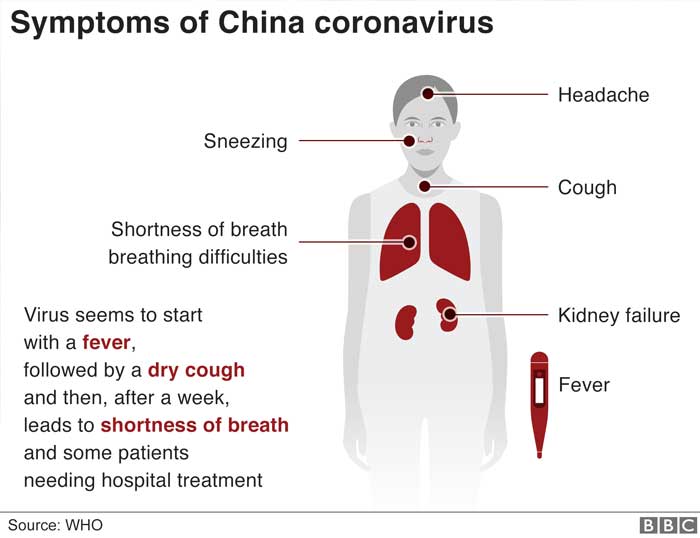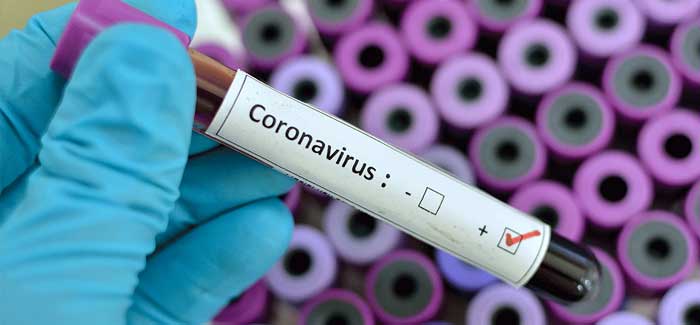CORONAVIRUS OUTBREAK
What is Coronavirus?
Coronavirus is a huge family of viruses which can cause a mild infection like cold and cough at first and then can range up to more severe infections and inflammations. It is transited through the aerial mode and can be transmitted between animals and human beings. WHO has declared a medical emergency all over the world for a new coronavirus that has infected more than 17,000 people all around the world with 360 reported deaths. The species of coronavirus those are considered to be transmittable from animals to humans are:
- SARS Coronavirus: Severe Acute Respiratory Syndrome coronavirus has been reported to spread to humans from civet cats.
- MERS Coronavirus: Middle East Respiratory Syndrome coronavirus has been believed to pass on from camels to humans.
- Novel Coronavirus: This novel coronavirus is new to the family of coronaviruses and how it transmitted from animals to humans is not clear yet.
The Chinese authorities reported several cases of pneumonia in late December 2019, and on January 7th the cause was determined, and the virus was named as 2019-nCoV. The hotbed for novel coronavirus is Wuhan, China.
Mode of Transmission of Virus
The novel coronavirus is using air as a medium to spread from one individual to another. Any body fluids such as saliva, or mucus can be used as the medium of transmission by this deadly virus.
The infection can also spread through touching infected surfaces, or coming in direct contact with the infected person through sneezing or coughing. It is not yet known how long the virus can survive outside the human body. It usually takes 14 days to exhibit the symptoms of the infection.
Symptoms of the Infection

The symptoms of nCoV coronavirus are almost similar to common cold symptoms which include:
- Runny nose
- Headache
- Cough
- Fever
- Shortness of breath
- Chills
- Body aches
- Difficulty in breathing
- Compromised liver function
- Kidney failure
- Pneumonia
- Severe coughing
The virus takes almost 14 days to exhibit all the symptoms and the severity of the infection in your body. To differentiate it from a common cold, you need to monitor all your symptoms very carefully. If the infection spreads and you start facing issues like shortness of breath and difficulty in breathing, then you must consult the doctor. As the infectious nCoV virus can cause pneumonia and the impaired functionality of the vital organs.
Prevention from the Infection
To inhibit or control the transmission of the virus, several steps are being taken by the government of China and from the governments of other countries as well. Meanwhile, the scientists are working to prepare a vaccine for this infection.

The governments of many countries have restricted the immigration of Chinese nationals and have also pulled out their citizens from Wuhan.
At your end, you can prevent the spread of this deadly infectious virus by washing your hands regularly, covering your nose, and mouth. Use protective face masks while visiting crowded public places.
ᐧ


